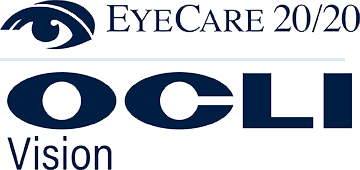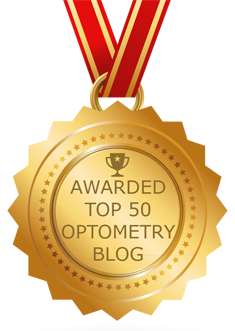Holiday driving often means spending several hours behind the wheel, and after many miles on the road, spotty and blurry vision should be a concern. Long journeys can be tiring and driver fatigue is a serious problem, contributing to many fatal crashes each year. Here are ways to avoid fatigue and improve alertness:
- When the eyes begin to feel strained and dry from long hours on the road, artificial tears can help smooth and refresh and contribute to clear vision.
- Get plenty of sleep before your journey, and try to drive at times of the day when you are normally awake.
- Take your time and plan for rest breaks every couple of hours. Get out of your vehicle and take a short walk or do some other exercise to get your blood flowing and improve alertness. If you feel tired, take a short nap (less than 40 minutes.
- If possible, share the driving.
- Don’t drink and drive, and don’t speed. Many fatigue-related crashes also involve these two factors.
- Use air conditioning if your vehicle has it. Cool air will keep you more alert and will help avoid frustration and stress, which is a major cause of fatigue.
The holidays are the worst possible time of the year for the car to break down on the highway. Unfortunately, this frequently happens in the winter because the stress of cranking a cold engine with thickened motor oil requires a lot of energy. The towing companies will be busy towing other cars so who knows how long someone might have to wait in the cold when they would rather be celebrating?

The first source of help in such a situation is “jump”-starting your car with cables attached to their functional running car and good battery. But most people are not aware that this procedure can be hazardous. Every year, hundred of injuries result from car batteries that explode while they are being jump-started. An exploding car battery is like a bomb that sprays chucks of plastic casing and sulfuric acid into the face. The most vulnerable part of the body in such an accident are the eyes. The best way to avoid this type of injury is to wear eye protection and do no lean over the battery. It is also very important to have a qualified mechanic check your car’s brakes, battery, fluid levels, tire pressure, light bulbs, and any parts that need regular maintenance before you leave.
The information presented on this Site and Blog and any related links is provided for educational, informational, and entertainment purposes only. Nothing contained in this Site is intended to create a physician-patient relationship, to replace the services of a licensed, trained physician or health professional or to be a substitute for medical advice of a physician or trained health professional licensed in your state. You must never consider any of the information presented here as a substitute for consulting with your physician or health care provider for any medical conditions or concerns. Any information presented here is general information, is not medical advice, nor is it intended as advice for your personal situation. Please consult with your physician or health care provider if you have concerns about your health or suspect that you might have a problem.


Leave A Comment